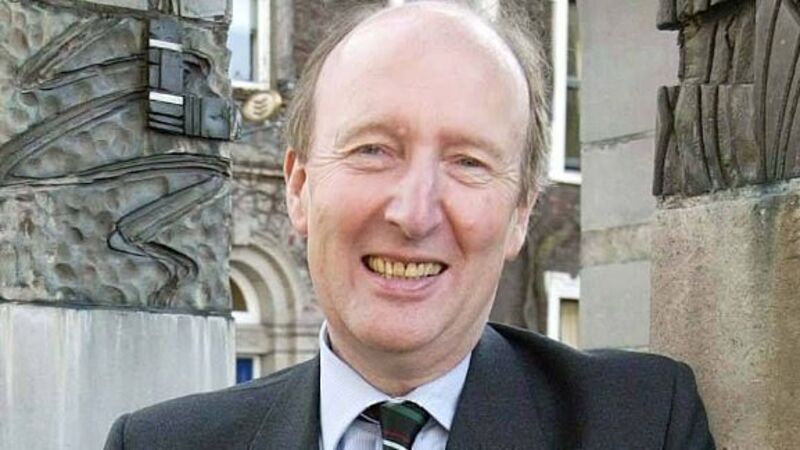Irish Rail awards contract to firm at fault for UK crash

Balfour Beatty, which was the only bidder for the contract, was fined £10m (€11.6m) after a broken rail ignored for almost two years caused the derailment of an express train at Hatfield, Hertfordshire, in 2000, killing four people and injuring 70.
The fine was reduced on appeal to £7.5m (€8.7m) but the company fell foul of the British authorities again in 2008 when it was fined £2.25m following a Serious Fraud Office investigation into one of its contracts.













